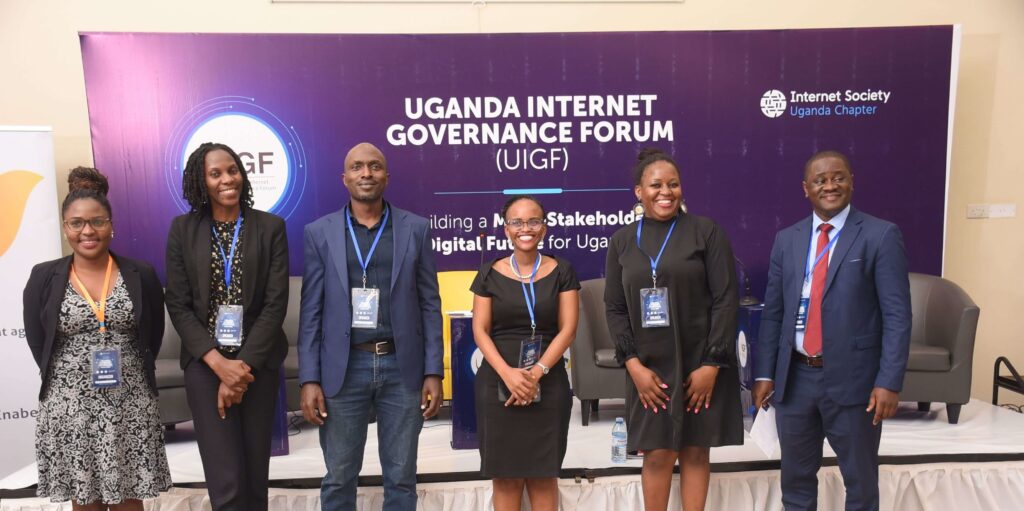Artificial Intelligence (AI) is rapidly revolutionizing the agriculture, health and education sectors in Uganda. Despite its positive contributions, without a clear governance framework i.e., – policy, regulatory, ethical guidelines and procedures, it’s difficult for government to understand and determine what legislations and policies required – including oversight and enforcement mechanisms to strengthen the protection of human rights, as well as account for gendered impact and perspectives of AI policy on citizens in a rapidly changing digital age
There are limited protocols governing and guiding the implementation of Artificial Intelligence (AI) in Uganda. Bottlenecks to implementing and adopting responsible Artificial Intelligence in Uganda is vast; the AI ecosystem is emerging and developing at a faster rate, the institutional capacity within government, ministries, departments is limited. The policy and governance framework on Artificial Intelligence is still nascent, and not covered by specific guidelines and procedures for an AI enabled digital economy. A lack of gender perspectives in AI field reflected through the gender gap in AI and cybersecurity policy discussions, the exacerbating tech-facilitated gender-based violence, the differential vulnerabilities and impact of cyber incidents across minority groups such as women requires a more nuanced analysis of the critical nodes of AI and cybersecurity including how to address it in policy.
Against this backdrop, the CfMA hosted a panel discussion at the Uganda IGF 2024 held at Protea Hotel, Kampala to discuss and share perspectives in this regard. On Human Rights, key questions interrogated included:
- How can AI impact fundamental human rights such as privacy, freedom of expression, and equality?
- What specific human rights challenges are currently faced in Uganda due to AI technologies?
On Governance and Regulations, questions asked included,
- What existing legal frameworks govern AI in Uganda, and how effective are they?
- What gaps exist in the current regulatory landscape, and how can they be addressed?
On ethical dilemmas, the panel discussed questions around.
- What ethical dilemmas arise with the use of AI in various sectors like healthcare, education, and law enforcement?
- How can ethical AI development be promoted among developers and companies in Uganda?
The event was moderated by Ms. Irene Esther Mutuzo – Digital Usability Context Consultant & Lecturer at Makerere University and speakers included Dr. Ernest Mwebaze – Executive Director of Sun Bird AI, Mr. Sempala Allan Kigozi – Head of Legal and Programs at Unwanted Witness, Ms. Patricia Namakula – Director of Research at Centre for Multilateral Affairs and Ms. Ms. Sharon Kisinde – Data Communications Engineer.


